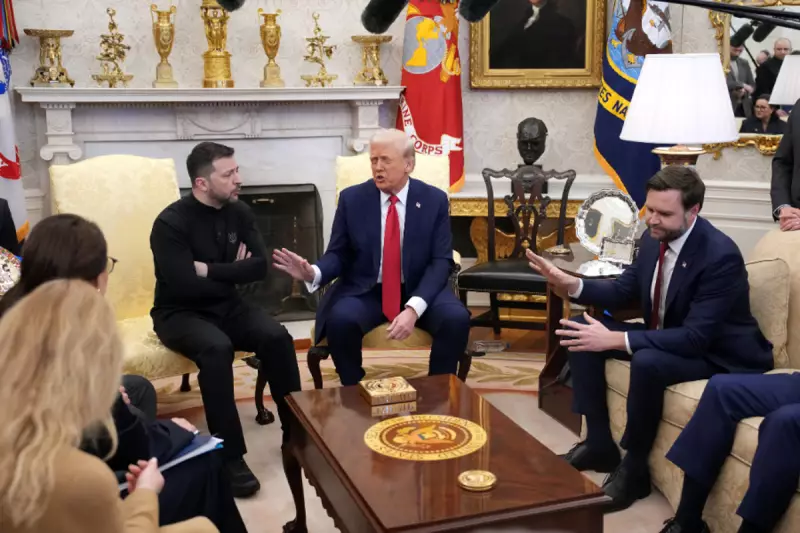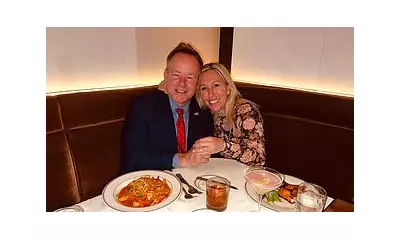
Republican Senator JD Vance has ignited a political firestorm with explosive claims that Ukrainian President Volodymyr Zelensky cancelled a planned Oval Office meeting due to concerns about Donald Trump's potential return to the White House.
The Alleged Cancellation
According to Vance, who spoke to broadcaster Newsmax, Zelensky abruptly called off what would have been a significant diplomatic meeting in the Oval Office. The Ohio senator suggested the Ukrainian leader's decision was strategically motivated by the changing political landscape in Washington.
"He was supposed to come to the Oval Office, and he cancelled it because he's worried about Trump being president," Vance stated, though he provided no specific evidence to support this claim.
Political Context and Timing
The alleged incident comes during a period of intense political manoeuvring in Washington, where support for continued military aid to Ukraine has become increasingly divisive. Vance, a prominent Trump ally and potential vice-presidential candidate, has consistently opposed additional funding for Ukraine's defence against Russian invasion.
This revelation, if accurate, would represent a significant shift in diplomatic strategy from Kyiv at a time when US political support appears increasingly uncertain.
Broader Implications
The situation highlights the complex geopolitical calculations facing international leaders as the 2024 US presidential election approaches. Foreign governments are increasingly forced to navigate the possibility of dramatic policy shifts depending on November's outcome.
Vance's comments reflect growing Republican scepticism toward Ukraine funding, with many party members advocating for redirected resources toward domestic priorities.
Unanswered Questions
Several key details remain unclear, including:
- The exact timing of the proposed Oval Office meeting
- Whether official invitations were extended and accepted
- Zelensky's official reason for any cancellation
- White House confirmation or denial of the incident
The lack of corroborating evidence from other sources leaves Vance's claims somewhat in question, though they undoubtedly contribute to the ongoing debate about America's role in supporting Ukraine.





